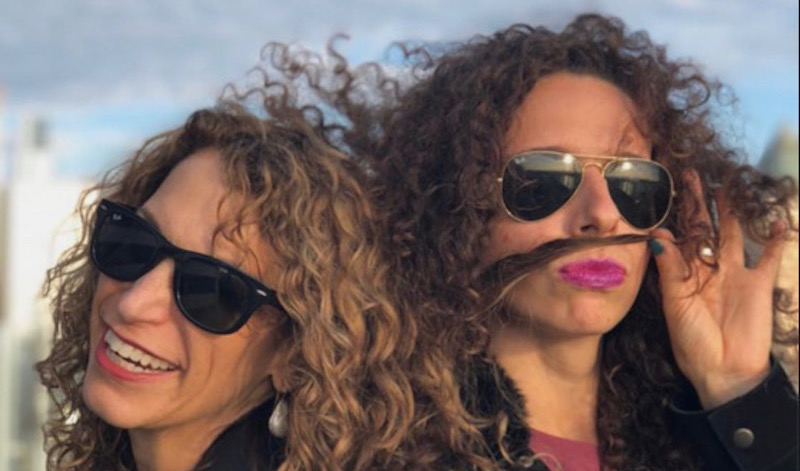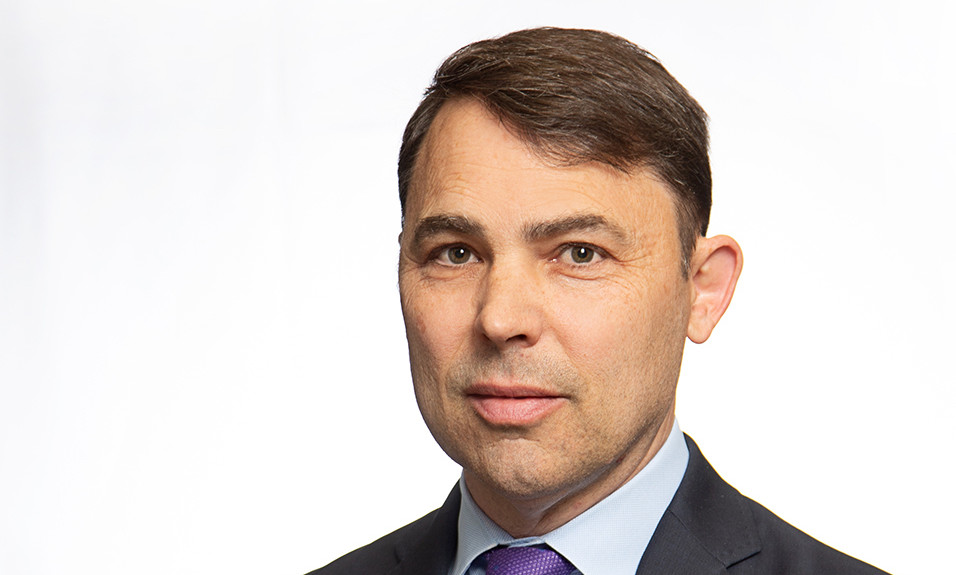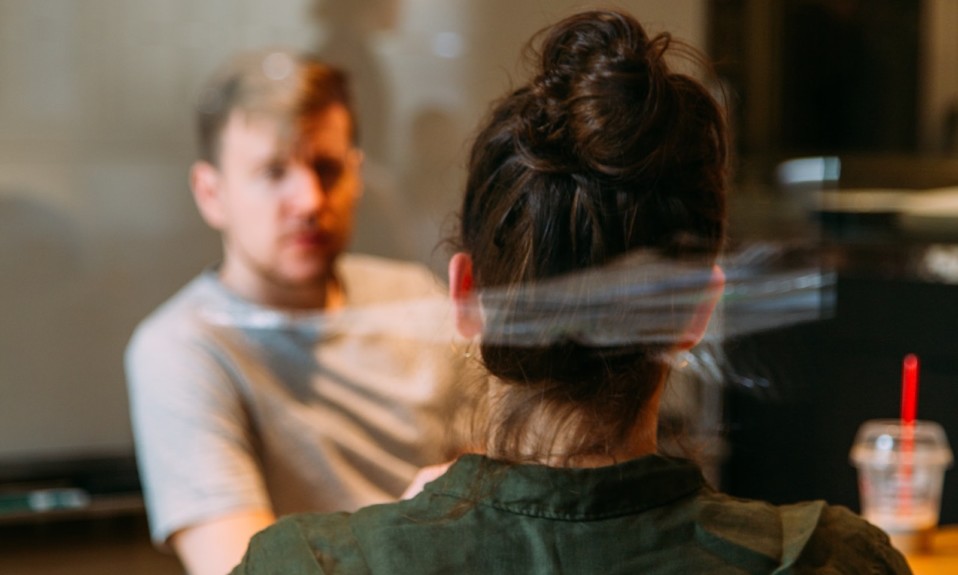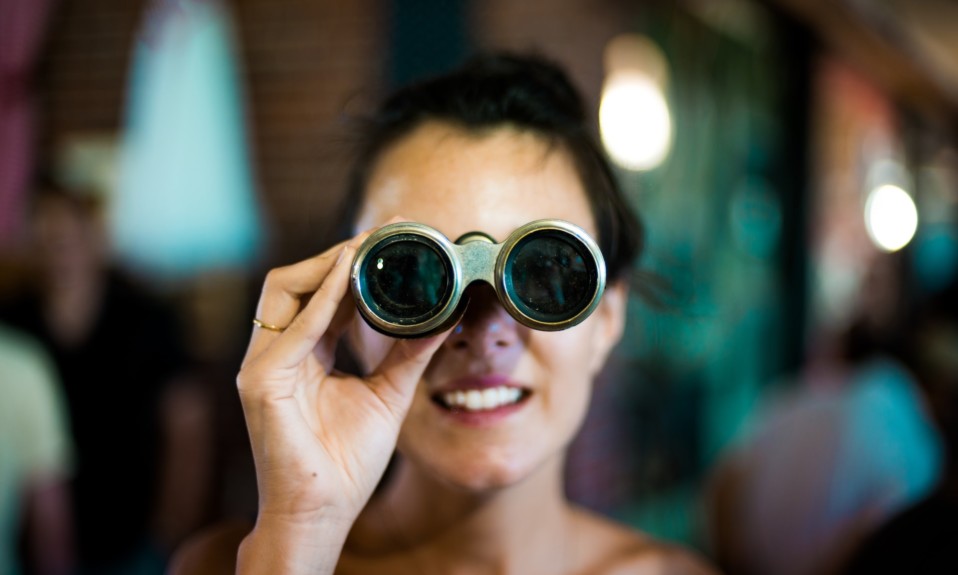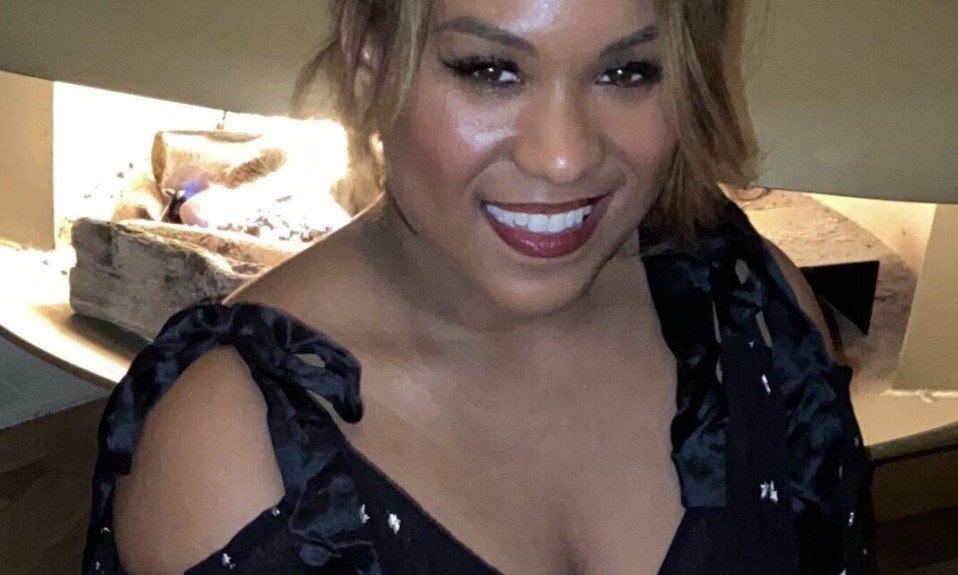The podcast Recovery Rocks, hosted by Lisa Smith [left] and Tawny Lara, offers proof that a sober lifestyle is anything but boring
By Jenny Diedrich
When Lisa Smith and Tawny Lara met five years ago, they were two decades apart in age, but that didn’t stop them from bonding over writing, rock and roll and their addiction recovery journeys.
Two years of close friendship grew into the launch of their podcast, Recovery Rocks, in 2018. They compare the show to two friends talking on the phone, albeit about quite serious topics—ranging from relationships to social media to LGBTQ+ issues—all seen through the lens of their recovery experiences. Each episode ends with the “Music Minute,” during which they chat about rock and roll.
We make sure there is diversity in adversity. We talk about all forms of recovery within addiction.”—Tawny Lara
The benefit to their listeners comes from their differing perspectives and recovery paths. Smith, who misused alcohol and drugs, turned to the 12-step program in her recovery. Lara, a self-described party girl whose issues were with alcohol, leaned on blogging, social media and internet support groups as part of her healing process.
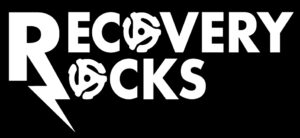
“The podcast is super inclusive and open to all paths of recovery,” says Smith, 55. Occasional guests add to the experience. “We try to have on diverse voices and help everyone understand that they’re not alone.”
“We make sure there is diversity in adversity,” adds Lara, 35. “We talk about all forms of recovery within addiction. We both predominantly talk about drugs and alcohol. I talk about sex and love addiction, and Lisa talks about food. There are different types of recovery and different paths.”
The Rocky Road to a Podcast

Lara, founder of the popular recovery blog SobrieTea Party and the sober event series Readings on Recovery, is an entrepreneur, writer and public speaker in New York City. Her path to long-term recovery began in 2015 when she decided to give up drinking for a year upon turning 30.
“I decided to write a blog documenting the experience to hold myself accountable. Writers are always looking for things to write about, and I didn’t think it was going to be anything more than a year-long social experiment,” Lara says.
Smith is a former corporate lawyer and author of the memoir Girl Walks Out of a Bar. After graduating from law school and landing a job as an associate at a big New York City firm, she fell into drinking every night and later began using drugs.
“It was a miserable, 12-year descent into full-blown drug and alcohol addiction, all while holding a great job,” Smith says. “I crashed out on my own one day in 2004 and asked for help. I went to detox and then refused to go to a longer-term rehab because I was scared my law firm would find out. I was afraid of the stigma.”
The Reach of Recovery Rocks
Lara and Smith are passionate about using their voices to help end the stigma that’s attached to addiction. They also want their listeners to realize it’s cool to be sober, something Lara didn’t buy into when she was living the party lifestyle. One of the keys to her recovery was redefining what partying meant to her.
“I thought that being sober was going to be super boring, and I’d be quilting all day and staring out the window longing for my old life,” she says. “It’s not like that at all. I didn’t know what sobriety looked like, but I knew what partying looked like, and that was safe and comfortable. Sobriety is our superpower. Everything I have today is because I stopped drinking.”
A big part of recovery is helping the next person and paying it forward. We’re honored and amazed that our voices are heard and we can actually help people.”—Lisa Smith
Although the podcast helps Lara and Smith in their own recoveries, the most gratifying aspect is the knowledge that they’re aiding others. Their listeners often reach out with messages of thanks. One said the podcast helped her make it through her first year of recovery; another conveyed that it played a role in improving her relationship with her husband.
“A big part of recovery is helping the next person and paying it forward,” says Smith. “We’re honored and amazed that our voices are heard and we can actually help people.”
The two maintain that the formula for the podcast—and recovery itself—is simple: honest conversation.
“We learn about each other, and we learn about ourselves,” Lara says. “On a very cellular level, it just helps to talk about what you’re going through.”


